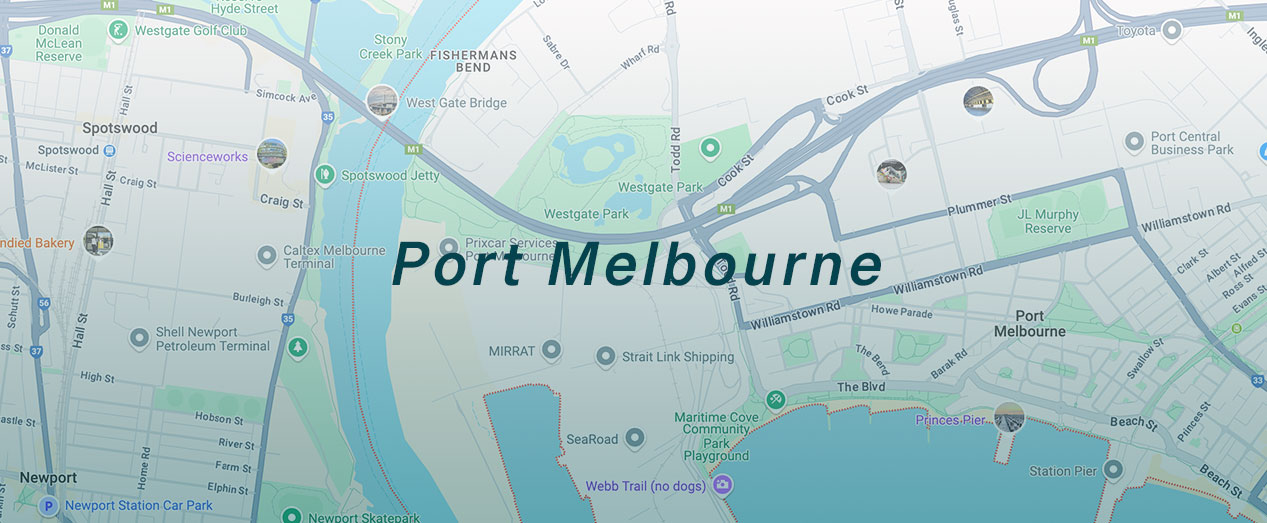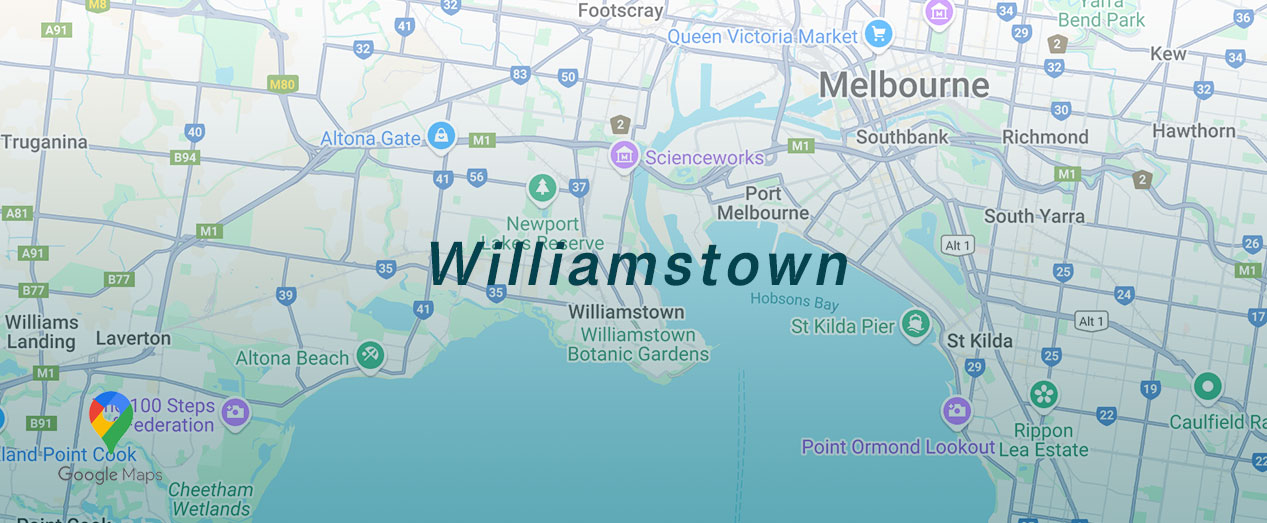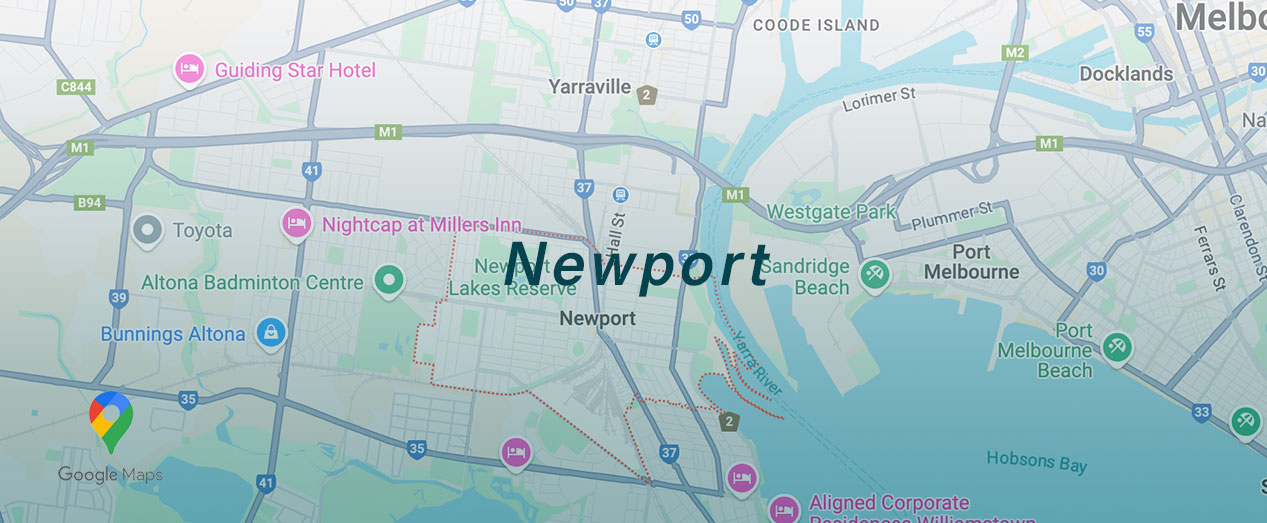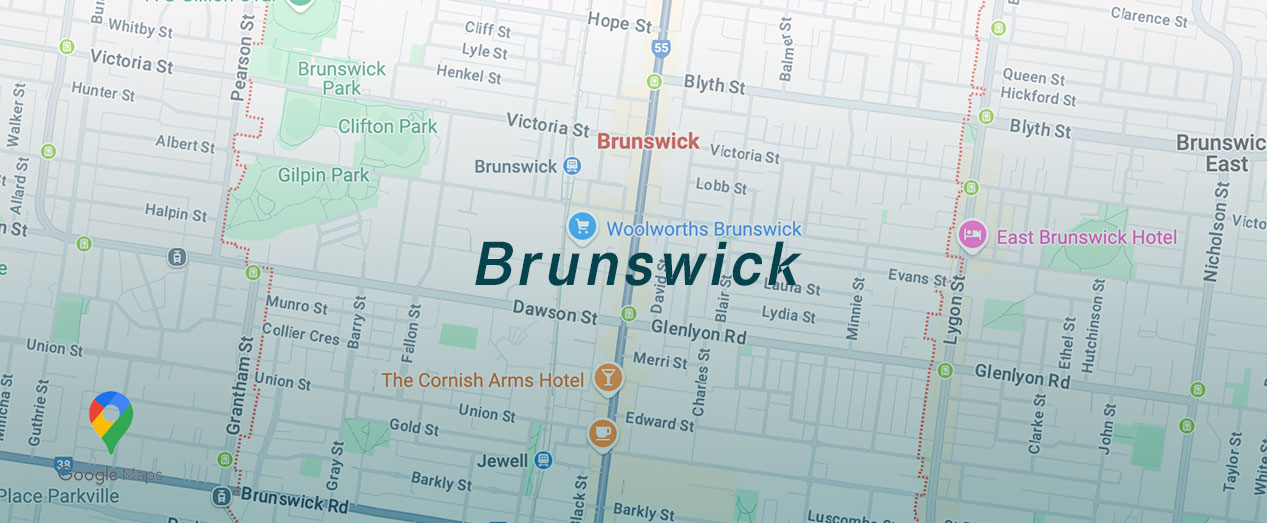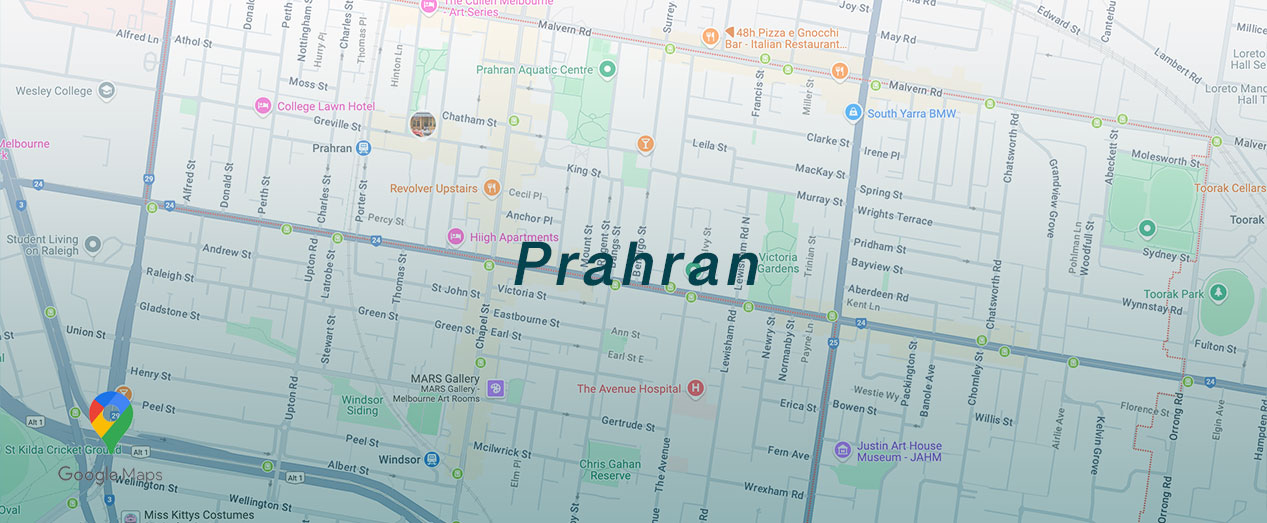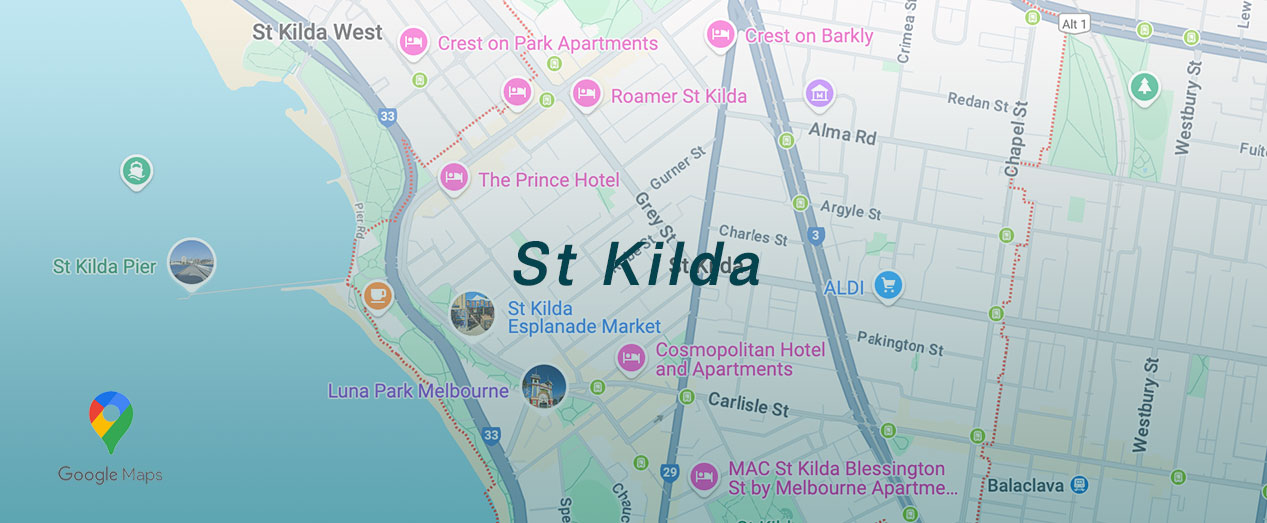At Mind Blossom we follow three missions
Identify and Address
We identify mental health problems and examine their origins, including the factors of how, when, and why they have emerged and persisted. We then employ a variety of evidence-based psychotherapy methods approved by the APS to address these issues effectively. Read More...
Guidance and Support
We provide guidance and support to help you develop a deeper understanding of yourself. Our aim is to create a safe and nurturing environment where you can freely explore your needs, weaknesses, and strengths. Read More...
Self-actualisation
We assist our clients in achieving self-actualisation, enabling them to live the fulfilling lives they deserve. This involves unlocking their potential, discovering life goals, and pursuing their dreams. Read More...
We provide psychological services in the following areas:
Cognitive behaviour therapy
Cognitive behaviour therapy (CBT) is a focused approach based on the premise that cognitions influence feelings and behaviours, and that subsequent behaviours and emotions can influence cognitions. The clinician works with individuals to identify unhelpful thoughts, emotions, and behaviours. CBT has two aspects: behaviour therapy and cognitive therapy. Behaviour therapy is based on the theory that behaviour is learned and therefore can be changed. Examples of behavioural techniques include exposure, activity scheduling, relaxation, and behaviour modification. Cognitive therapy is based on the theory that distressing emotions and maladaptive behaviours are the result of faulty patterns of thinking. Therefore, therapeutic interventions such as cognitive restructuring and self-instructional training are aimed at replacing dysfunctional thoughts with more helpful cognitions, which leads to an alleviation of problem thoughts, emotions, and behaviour. In this review, metacognitive therapy has been included as part of CBT. Skills training (e.g., stress management, social skills training, parent training, and anger management) is another important component of CBT.
Anxiety Management
Anxiety is a common experience that can affect anyone, manifesting as feelings of worry, unease, or fear. While occasional anxiety is a natural response to stress, chronic anxiety can significantly impact daily life, relationships, and overall well-being. Effective anxiety management is essential for regaining control and fostering a sense of calm.
Understanding Anxiety
Anxiety can arise from various factors, including genetics, brain chemistry, personality traits, and environmental influences. It can manifest in different forms, such as generalised anxiety disorder (GAD), panic disorder, social anxiety disorder, or specific phobias. Understanding the root causes and triggers of your anxiety is the first step toward effective management.
Depression Management: Pathways to Healing and Resilience
Depression is a complex mental health condition that affects millions of people worldwide. It can manifest as persistent sadness, loss of interest in activities, fatigue, and a range of emotional and physical symptoms. Managing depression is crucial for restoring a sense of well-being and enhancing overall quality of life.
Understanding Depression
Depression can arise from various factors, including genetic predisposition, brain chemistry, life events, and environmental stressors. Understanding the specific triggers and underlying causes of your depression is essential for effective management. It’s important to recognise that seeking help is a vital step in addressing these challenges.
Psychotherapy
Engaging in therapy, particularly cognitive-behavioural therapy (CBT) or interpersonal therapy (IPT), can help individuals understand their thoughts and behaviours related to depression. Therapists provide support in developing coping strategies and reframing negative thought patterns.
Childhood Trauma: Understanding Its Impact and Pathways to Healing
Childhood trauma refers to distressing experiences that occur during formative years, significantly impacting a child’s emotional, psychological, and physical well-being. Such experiences can range from abuse—whether physical, emotional, or sexual—to neglect, domestic violence, or the loss of a loved one. Understanding the nature of childhood trauma and its long-lasting effects is essential for healing and recovery.
The Nature of Childhood Trauma
Trauma in childhood can disrupt the normal development of a child’s brain and emotional regulation systems. Young minds are particularly vulnerable, and traumatic experiences can lead to a range of psychological issues, including anxiety, depression, and post-traumatic stress disorder (PTSD). Children may not fully comprehend the trauma they experience, leading to confusion, fear, and a sense of helplessness.
Eating Disorders: Understanding, Treatment, and Recovery

Eating disorders are complex mental health conditions characterised by abnormal eating habits, often driven by deep emotional, psychological, and social factors. They can have severe consequences on a person’s physical health, emotional well-being, and overall quality of life. Common types of eating disorders include anorexia nervosa, bulimia nervosa, and binge eating disorder, each with its own unique symptoms and challenges. Read More...
ADHD
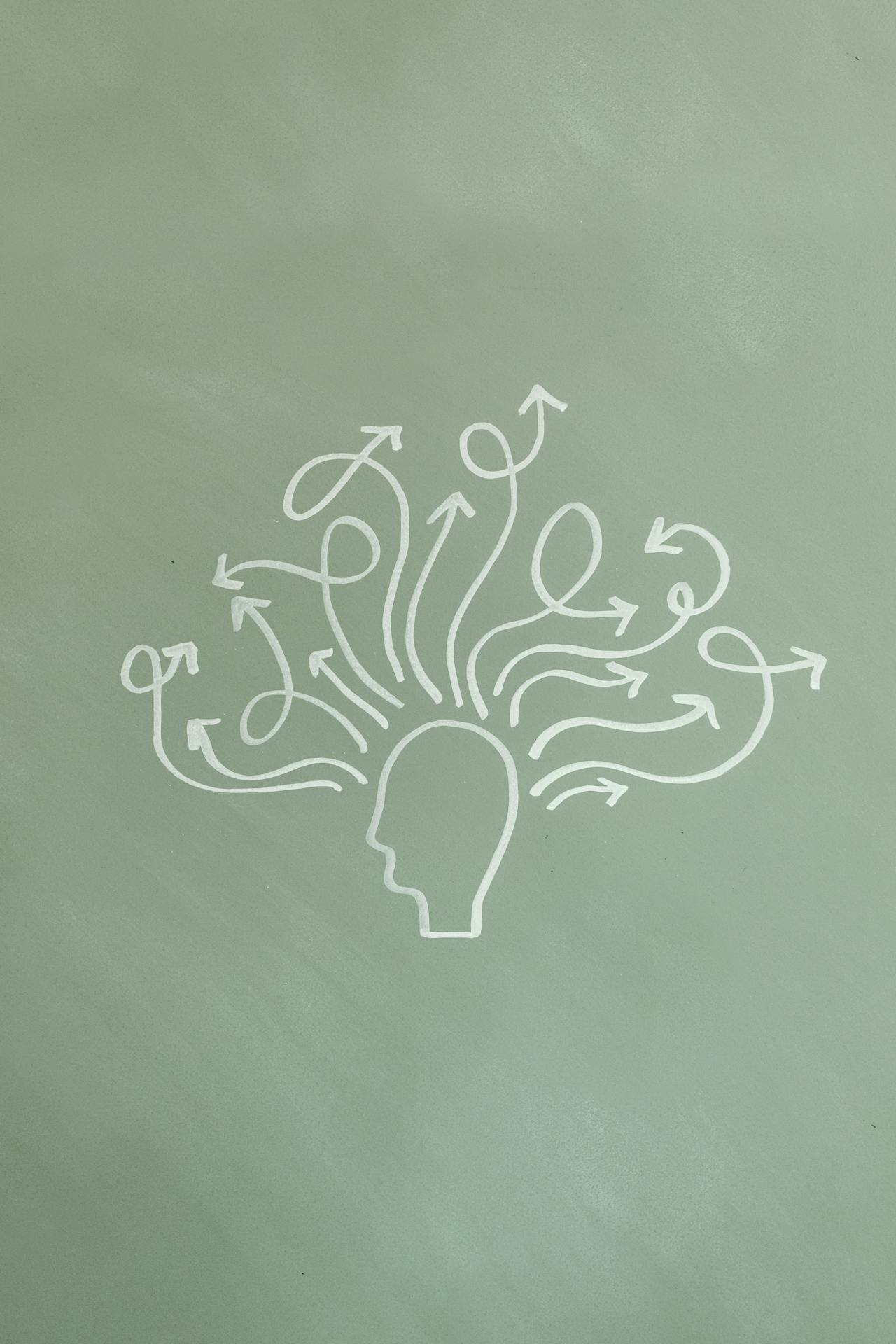
Attention-Deficit/Hyperactivity Disorder (ADHD) is a neurodevelopmental disorder that affects both children and adults. Characterised by persistent patterns of inattention, hyperactivity, and impulsivity, ADHD can significantly impact daily functioning, academic performance, and interpersonal relationships. Read More...
